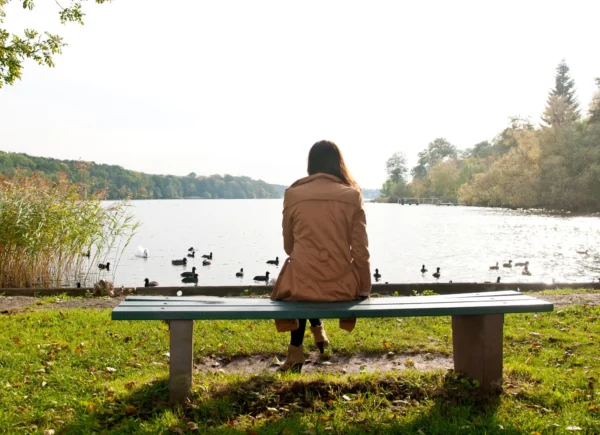
School, work, society. Same conditions, same demands, expectation of same results. Yes, the guarantee of uniform conditions and equality is something that people have fought for a long time and brings justice and a certain form of security to our lives. However, what if they turn into conformity and start suppressing our naturalness and creativity?
Yes, it sounds exaggerated. Let’s take a closer look. Memories of school days and a look at how the education system works lead me to the idea that the ideal situation should be when all children do everything well. (The fact that not every child has the prerequisites to achieve excellent results is not the subject of this article, however.)
Being “good” at something should be a kind of prerequisite for being good at everything. Let’s be honest, do you know anyone like that? And so, talented children sit for long hours struggling with math and physics, instead of learning languages in which they excel. But since they already get good grades in languages without much effort, it makes sense to work harder where they struggle. It’s easy to sacrifice our time to things we are weak at and where, after hard (and maybe even boring) work and effort, we achieve “only” average results.
What if we invested our time and energy into activities in which we have a natural talent and aptitude? We would develop our natural potential and shape our abilities from average or slightly above-average to excellent. Not to mention that it’s natural for things that we are better at to also be more enjoyable. This kind of work would not only be a chore but also a joy in the end.
How much energy do we dedicate to activities in which we are good?
Let’s try to think for ourselves about what are the natural things we are good at. What are we good at? How much time and energy do we invest in developing these areas? How much does our work or study focus reflect these strengths? And how much time do we spend on activities that we are not good at and do not enjoy? Let’s remember school. How many hours a week did we study subjects in which we were weak, and how much time did we devote to developing areas in which we excelled?
Of course, I am not saying that we should not pursue our dreams and desires. Do you want to play the piano, but musical talent is not among your strengths? Go for it! However, don’t be hard on yourself if, even with daily practice, you don’t play as well as a musically gifted friend who does it excellently even without training. Don’t compare yourself to others, but rather focus on your own strengths and interests. This is the way to achieve true excellence and fulfillment.
Similarly, I’m not trying to dismiss the effort we put into developing skills in areas that are part of our work or studies but may be more challenging or less exciting than others. It’s natural that no matter what we focus on, there will be tasks that we don’t enjoy or are less proficient at. Developing in these areas is therefore necessary and essential.
So, should we only do what we enjoy?
Don’t misunderstand me. I don’t believe that the perfect state is where we only do what we enjoy and neglect everything else. That doesn’t work, of course. Rather, I’m trying to think about which activities we place greater emphasis on.
I’m also not saying that the educational approach towards children who are struggling or have difficulties meeting academic requirements should be lax and without expectations. Quite the opposite. Identifying their strengths (even if they are outside of the “academic” realm) and developing their natural potential can be even more meaningful for these children to find their place in the world and achieve satisfaction.
Everyone is different
The goal of this article is to point out that we are often not encouraged (whether in school or outside of it) to recognize our strengths and develop them. Instead, we may be pushed into a conformist form of “average in everything.” Even though this approach is doomed to fail. After all, everyone is different, everyone is good (and also bad, or less good) at something else, and that’s the beauty of being alive.
Let’s accept ourselves as we are. Accept our mediocrity, our clumsiness, and our weaknesses. However, let’s also be aware of our abilities and strengths and develop them. Maybe that makes more sense than struggling with what we’re not good at.
